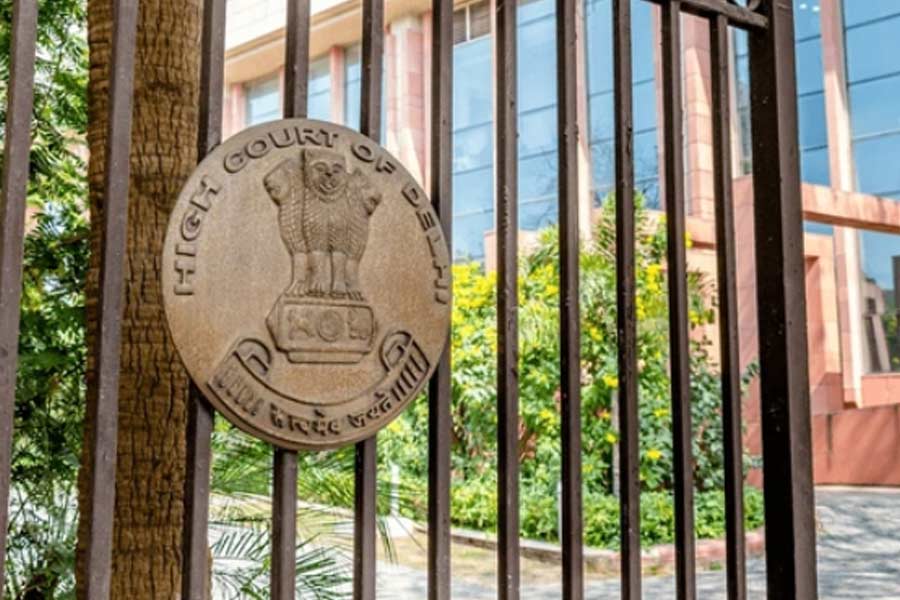The Delhi High Court has observed that no public interest can be served by keeping information alive on the Internet after quashing criminal proceedings against a person and asked portals and search engines to mask the name of a man who has been acquitted in a case.
The high court said the right to privacy is a fundamental right and forms an intrinsic part of Article 21 of the Constitution and the concept of right to privacy incorporates the right to be forgotten.
"In the age of the internet, every piece of information that finds its way to the internet, gains permanence. The need to allow the masking of names of individuals acquitted of any offence or when criminal proceedings against such persons are quashed emanates from the most basic notions of proportionality and fairness," Justice Amit Mahajan said.
The high court said while access to information is a fundamental aspect of democracy, the same cannot be divorced from the need to balance the right to information of the public with the individual's right to privacy.
"This is especially when after the quashing of the proceedings, no public interest can be served by keeping the information alive on the Internet," it said.
The court said there was no reason why an individual who has been duly cleared of any guilt by law should be allowed to be haunted by the remnants of such accusations easily accessible to the public.
Such would be contrary to the individual’s right to privacy which includes the right to be forgotten and the right to live with dignity guaranteed under Article 21.
The court was dealing with a man's plea seeking a direction to the high court registry to mask his name from the order and the pleadings that were filed in the judicial proceedings.
The man's counsel submitted that irreparable prejudice would be caused to him, his social life and career prospects if his name was indicated as a person involved in a criminal case despite the fact that the case against him has been quashed by the high court.
He submitted that the petitioner was entitled to protection under the 'right to privacy' and the 'right to be forgotten' which were recognised as fundamental rights.
The court directed the registry to remove the names of the man and the complainant from the records of the case and its search results.
It also permitted him to approach all concerned portals, and public search engines to mask the judgement and to only indicate the masked names of the parties.
The court said whenever the man or the complainant would apply or approach any of the social media or search engines, it was expected that they would also follow the principle of 'right to privacy' and 'right to be forgotten' and remove any other material pertaining to the criminal case.
Except for the headline, this story has not been edited by The Telegraph Online staff and has been published from a syndicated feed.











